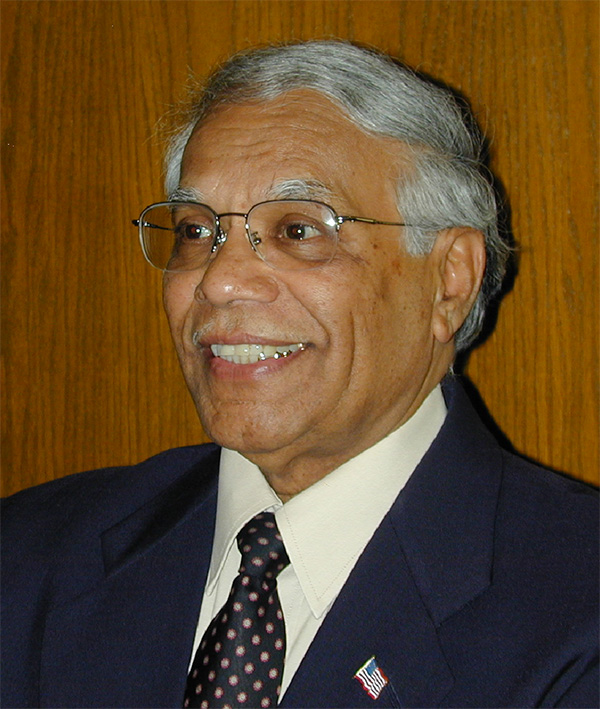The 13th IASTED International Conference on
Control and Applications
CA 2011
June 1 – 3, 2011
Vancouver, BC, Canada
PLENARY SPEAKER
Multi-Robot Cooperative Control: Challenges and Opportunities
Abstract
Multiple manipulators carrying a single object form a closed kinematic chain, and load sharing and internal force minimization are important issues in devising efficient strategies for control of fixed multiple robots working together. Uncertainty arises in the perception and modeling of the work environment, in the manipulation of robot arm and object, and in the planning and execution of desired task. In order for the robots to extend the abilities of a robot in an uncertain and flexible environment, sensor systems must be developed which can dynamically interpret the observations from the environment with respect to the performed task, while accounting for uncertainty and obtaining an accurate model of the robot world. A multi-sensor system must use algorithms or strategies to model sensor inaccuracies, compensate for uncertainties, fuse information from multiple sensory sources and develop an accurate model of the environment. Control of complex and nonlinear robotic systems is an important and challenging task. At Duke University’s Robotics and Manufacturing Automation (RAMA) Laboratory, research and development are carried out in intelligent control strategies involving stationary industrial robots operating in a flexible work-cell for cooperative tasks such as wood-sawing and multiple-part assembly. In addition, the research has emphasized coordination and control of mobile robots working cooperatively to carry out tasks such as perimeter detection and surveillance of hazardous spills. This talk will describe the research experience in this regard, focusing on control of both fixed and mobile multiple robots and the important lessons learnt.Biography of the Plenary Speaker

Devendra P. Garg, Fellow ASME, is a Professor of Mechanical Engineering at Duke University, Durham, North Carolina, USA, and Director of Duke University’s Robotics and Manufacturing Automation (RAMA) Laboratory. He received his Bachelor of Science degree from Agra University, Bachelor of Engineering degree from University of Roorkee (Now IIT Roorkee), Master’s degree in Mechanical Engineering from the University of Wisconsin, Madison, and Ph.D. from New York University, USA. Prior to joining Duke University, he held faculty positions at University of Roorkee, New York University, and Massachusetts Institute of Technology (MIT).
While on leave from Duke University, Prof. Garg was Director of the Dynamic Systems and Control Program at US National Science Foundation; and Associate Program Manager, US Army Research Office. His contributions have brought him the recognition from the White House. He was a Fulbright Senior Scholar at the Georgian Technical University, Tbilisi, Republic of Georgia; Senior Fellow to Japan under sponsorship of Japan Society for the Promotion of Science, and Japan Science and Technology Agency. He has received numerous awards including NSF’s Special Act or Service Award; IIT/Roorkee Distinguished Alumnus Award; Hind Rattan (Jewel of India) Award; and from ASME: Dedicated Service Award, Leadership Award, Life Fellow Award, Edwin F. Church Medal (2003), and (2007). The ASME’s Model Identification and Intelligent Systems Technical Committee has recognized Prof. Garg’s life-long scholarly contributions by establishing the “Devendra P. Garg Best Paper Award on Intelligent Systems.



















